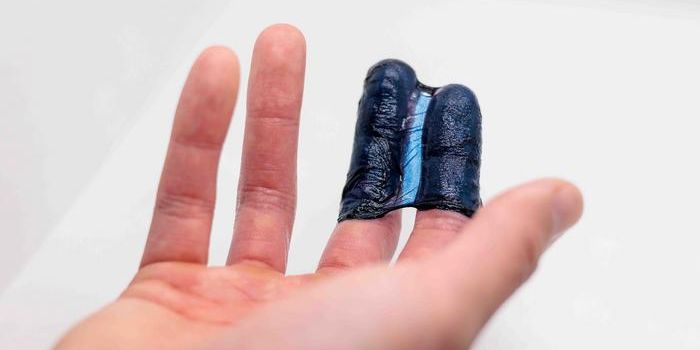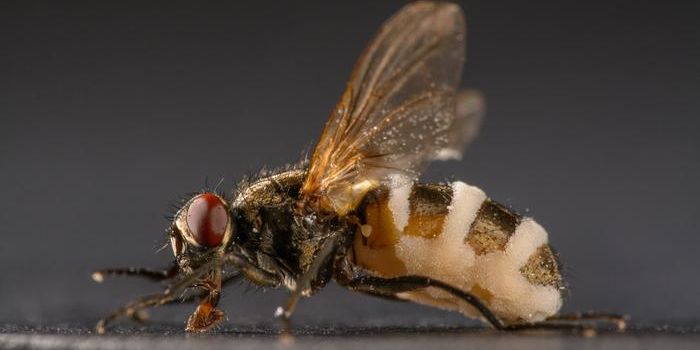A Genetic Score Can Determine Who Needs Surgery for Varicose Veins
It's thought that about 30 percent of older adults in Western countries develop varicose veins. They are are caused by chronic venous disease, an impairment in the flow of blood through the legs to the heart. More than 11 million men and 22 million women between the ages of 40 and 80 are impacted, and the condition can lead to other health problems like leg ulcers if they are not treated. Researchers have now created a genetic risk score that can be used to determine whether an individual needs surgery to treat their varicose veins. The findings, reported in Nature Communications, may also open up new treatment options.
This study is one of many that has taken advantage of the vast amount of human genetic and health data contained in the UK Biobank. But after identifying genetic variants that are linked to an increased risk of varicose veins in 401,656 people from the UK Biobank, the scientists then replicated the work using data from 408,969 individuals in databases maintained by the commercial DNA testing company 23AndMe. The researchers noted that this replication greatly improved the quality of the study.
That improvement is reflected by the genes that were identified. Variations in about fifty genes were found to increase an individual's risk of needing surgery to treat their varicose veins. The genes that were identified are also relevant to the disorder. For example, one sucseptibility variant was found in the PIEZO1 gene, which encodes for an ion channel that helps detect shear stress in the vasculature. Several other genes identified in this research have been previously identified and have been targeted by drugs that are currently being tested.
Genetic variants that impact connective tissues and the immune system were also found to be involved in varicose vein pathology.
An interdisciplinary team was assembled to complete this study. "The inclusion of surgeons in the research team was vital as they enabled the identification of patients whose disease was more severe, and they had therefore had surgery," noted lead study author Dominic Furniss, a Professor at the Nuffield Department of Orthopedics, Rheumatology and Musculoskeletal Sciences (NDORMS). "This lead to the discovery of 49 genetic variants at 46 areas into the genome that predisposes to varicose veins. This breakthrough greatly improves our team's knowledge of the biology of varicose veins, and it will be the foundation of further research into the biology and potentially new treatment."
Sources: University of Oxford, Nature Communications









